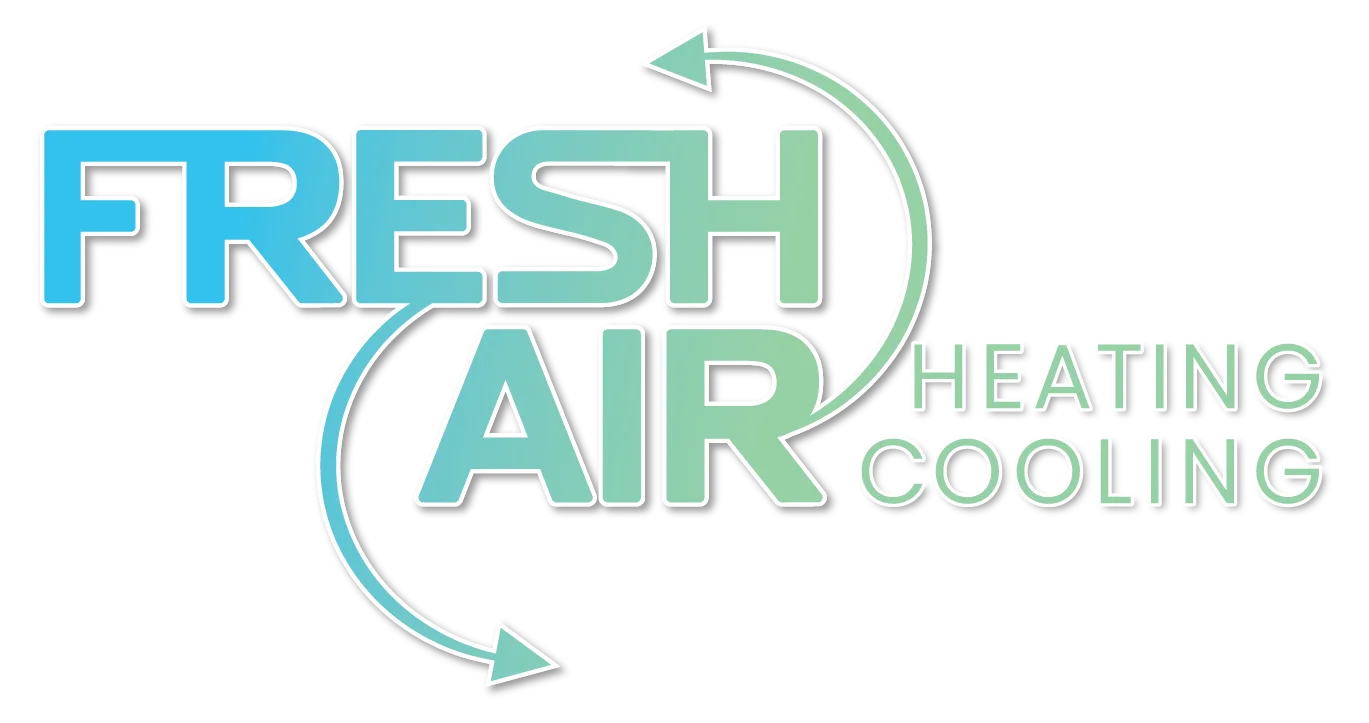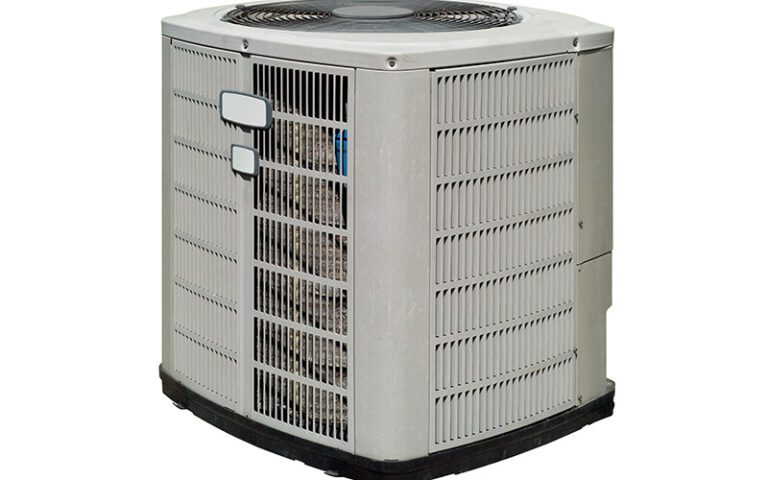Several factors impact the efficiency of a heat pump, including outdoor temperature and system maintenance. Homeowners in O’Fallon, MO, can take steps to improve heat pump efficiency by taking proactive measures to address them.
Outdoor Temperature
Colder temperatures can impact heat pump efficiency. When the outside temperature drops, the heat pump has to work harder to extract heat from the air, which can decrease its efficiency. The colder the temperature, the less efficient the heat pump becomes.
Heat pumps operate efficiently down to a certain outdoor temperature, known as the “balance point.” The balance point is the temperature at which the heat pump can no longer extract enough heat from the outside air to heat the home effectively.
When the outside temperature drops below the balance point, electric resistance heaters may kick in to supplement the heat pump’s output. Using backup heating can significantly reduce the system’s efficiency and increase energy costs.
Insulation
Inadequate insulation can result in significant heat loss, reducing the heat pump’s ability to maintain a comfortable temperature within the home. When there is a lack of insulation, heat can escape through the walls, floors and roof, making it more challenging for the conditioned air to maintain the desired temperature. It works harder than necessary, resulting in increased energy consumption and higher energy bills.
Insufficient insulation can also result in cold spots and drafts, making the home uncomfortable. When there are cold spots, the heat pump must work harder to maintain the desired temperature.
System Sizing
If a heat pump system is too large for the space, it’ll cycle on and off too frequently, causing wear and tear. This reduces its lifespan and wastes energy. When cycling on and off too frequently, it may need to run longer to reach peak efficiency.
Airflow
The heat exchanger in a heat pump system requires adequate airflow to transfer heat efficiently. If the airflow is restricted, there is a reduction in the heat transfer rate, causing the system to work harder and less efficiently. If the airflow is restricted inside the home by blocked vents, it can cause uneven heating or cooling throughout the home, leading to hot and cold spots and decreased comfort.
If the heat pump system works harder to compensate for restricted airflow, it’ll consume more energy. This will result in higher energy bills and decreased efficiency.
Thermostat Settings
The temperature differential is the difference between the temperature setting on the thermostat and the actual temperature in the home. The larger the temperature differential, the harder the heat pump has to work to maintain the desired temperature. This decreases efficiency and increases energy consumption.
Short-cycling occurs when the heat pump turns on and off frequently. This can occur when you locate the thermostat in an unusually cold or warm spot in the house. Short-cycling can decrease the system’s efficiency and cause unnecessary wear and tear on the components.
If inside temperatures are very cold, the heat pump may be unable to keep up with the heating demand. In this case, the system may switch to auxiliary heat, which uses more energy.
Ductwork
Leaky ducts are one of the most significant causes of reduced heat pump efficiency. Leaks can occur in improperly installed ductwork or when there’s damage to the ducts due to age, wear and tear or improper maintenance.
When it leaks, the heated or cooled air escapes before reaching its intended destination. This results in a waste of energy and a decrease in the heat pump’s efficiency.
If you want help improving the efficiency of your heat pump, look no further than Fresh Air Heating & Cooling. Our team of expert service technicians can handle all of your heating and cooling needs. Contact us today to schedule an inspection or repair service for your heat pump.
Image provided by iStock

